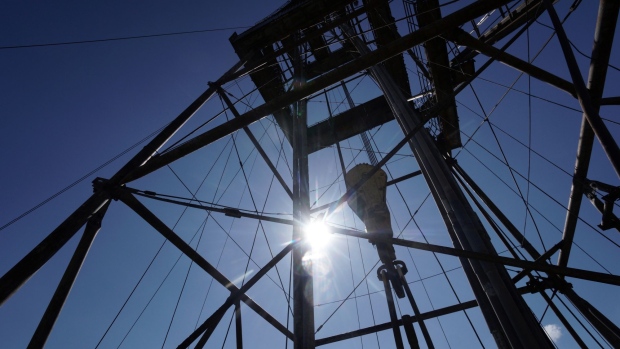Jul 9, 2020
Glencore restructures US$500M oil loan with Iraqi Kurdistan
, Bloomberg News

Glencore Plc has restructured a US$500 million oil-for-cash loan to Kurdistan in northern Iraq, reducing payments for 2020 as the semi-autonomous region struggles due to low petroleum prices.
The so-called prepayment deals, in which a trading house advances a government money to be repaid with future oil shipments, have been popular among some African and Middle Eastern producers with few others ways of raising funds.
But they have also proved controversial, in some cases creating an opaque form of debt that puts governments’ finances under strain when oil prices drop.
The restructuring was announced via a regulatory filing on the Cayman Islands Stock Exchange, where debt notes linked to the Kurdish loan are listed.
After oil plunged earlier this year, Kurdistan struggled to repay its oil-for-cash debt, as did the likes of Chad and the Republic of Congo. The loans are paid back with oil cargoes. If crude prices fall, countries need to divert more barrels to keep up with the payments.
New Terms
Glencore, the world’s largest commodity trader, lent the money to the Kurdistan Regional Government in January 2017, with repayments starting three years later.
Under the new terms, the KRG will repay the loan at a rate of US$3 million per month between June and November, compared with an original repayment schedule of US$20.8 million per month, according to the July 8 regulatory notice. From December 2020 until December next year, the KRG agreed to increase its monthly repayments to about US$29.9 million.
The restructuring will affect global investors, including U.S. pension funds, because they bought five-year notes known as Oilflow SPV 1 DAC linked to the KRG loan. The notes, which have a 12 per cent coupon, fell to a record 74 cents on the dollar in April and the yield rose above 60 per cent, according to data compiled by Bloomberg.
The price has since climbed to about 94 cents, partly because Brent crude’s more than doubled in that period with the easing of coronavirus lockdowns. At US$43.46 a barrel, Brent’s still down 34 per cent this year.
A majority of investors in the notes approved the restructuring terms on Tuesday, according to the regulatory filing.
A Glencore spokesperson declined to comment and a representative of the Kurdistan government didn’t immediately respond to a request for comment.




